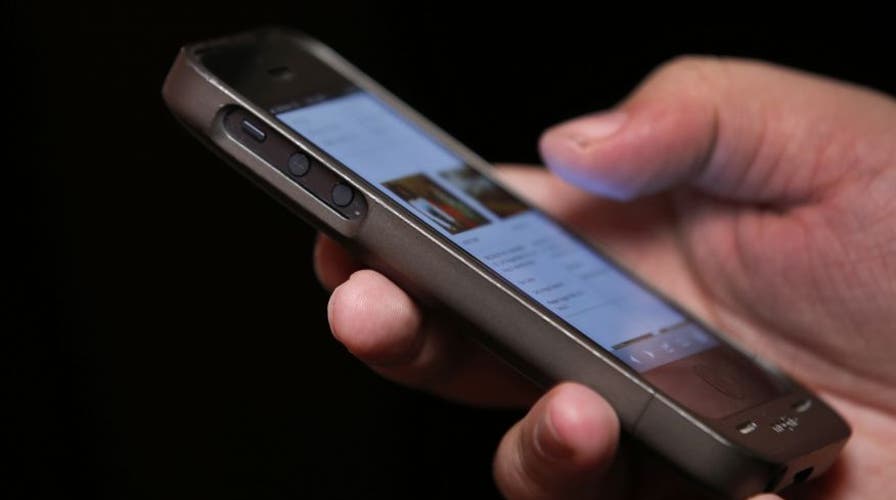Fox News Flash top headlines for March 13
Fox News Flash top headlines are here. Check out what's clicking on Foxnews.com.
Black hat hackers and criminals on the dark web are constantly coming up with ways to steal and distribute your password.
Fox News has compiled some of the best practices to keep your passwords safer.
CHECK TO SEE IF YOUR PASSWORD IS COMPROMISED
First, see if your passwords have been compromised. Sites such as “have i been pwned” will tell you if your passwords have been leaked and are available on places like the dark web.
TOP CORONAVIRUS SCAMS TO BE AWARE OF
Google also offers a tool called Password Checkup. It will tell you which passwords have been compromised, which are “at risk,” which are reused and which are considered weak.
Compromised passwords should be changed and reused passwords are never a good idea because it makes it easier for criminals to access multiple accounts if they get a hold of one password.
USE ONE SECURE EMAIL ACCOUNT FOR PASSWORD RESETS
“Consolidate your password reset emails to one secure email account,” Alan LeFort, McAfee’s VP of Consumer Strategy, told Fox News. “A single email account dedicated to password resets can keep your online persona safe."
LeFort continued: "You can make this account secure by using an account name with no recognizable relation to you, secure password and enabling two-step verification.”
CONVENIENCE IS NOT YOUR FRIEND
Easy passwords make you vulnerable. Avoid names found in the dictionary and names that can be associated with you such as names of children, names of pets, and place names.
Copious use of random words, numbers, and especially special characters or symbols is a good rule to follow. Take names that you know and reconfigure them by, for example, abbreviating, truncating, adding unique prefixes or suffixes, or randomly combining portions of the names into unique, strong passwords with a mix of special characters, symbols and numbers.
Separately, don’t reuse passwords.
The site “How Secure Is My Password” offers good advice on the best way to generate passwords. “Adding a symbol can make your password more secure,” the site says.
When I added random symbols to a string of letters and numbers, the time the site estimated it would take a computer to crack my password jumped from one month to hundreds of years, according to How Secure Is My Password. Other sites also offer a password check.
DISABLE AUTOFILL
Avoid using your browser's autofill forms feature. Especially for passwords. Though handy, it puts you at greater risk.
If someone breaks into your device, it could help them gain access to your online accounts. Turn this feature off when using Google, Firefox and other browsers, according to a statement from the FBI.
CLICK HERE FOR COMPLETE CORONAVIRUS COVERAGE
USE A PASSWORD MANAGER
With password managers, you’ll only need to remember one master password. Many password managers, such as LassPass and Dashlane, can also generate strong passwords. But do your research to find the safest password managers.
As a couple of additional tips, enable two- or multi-factor authentication. This reduces the risk of impersonation by hackers. Another way to make your device more secure is to get one with a biometric ID, such as Face ID or a fingerprint reader. That adds another level of protection.

